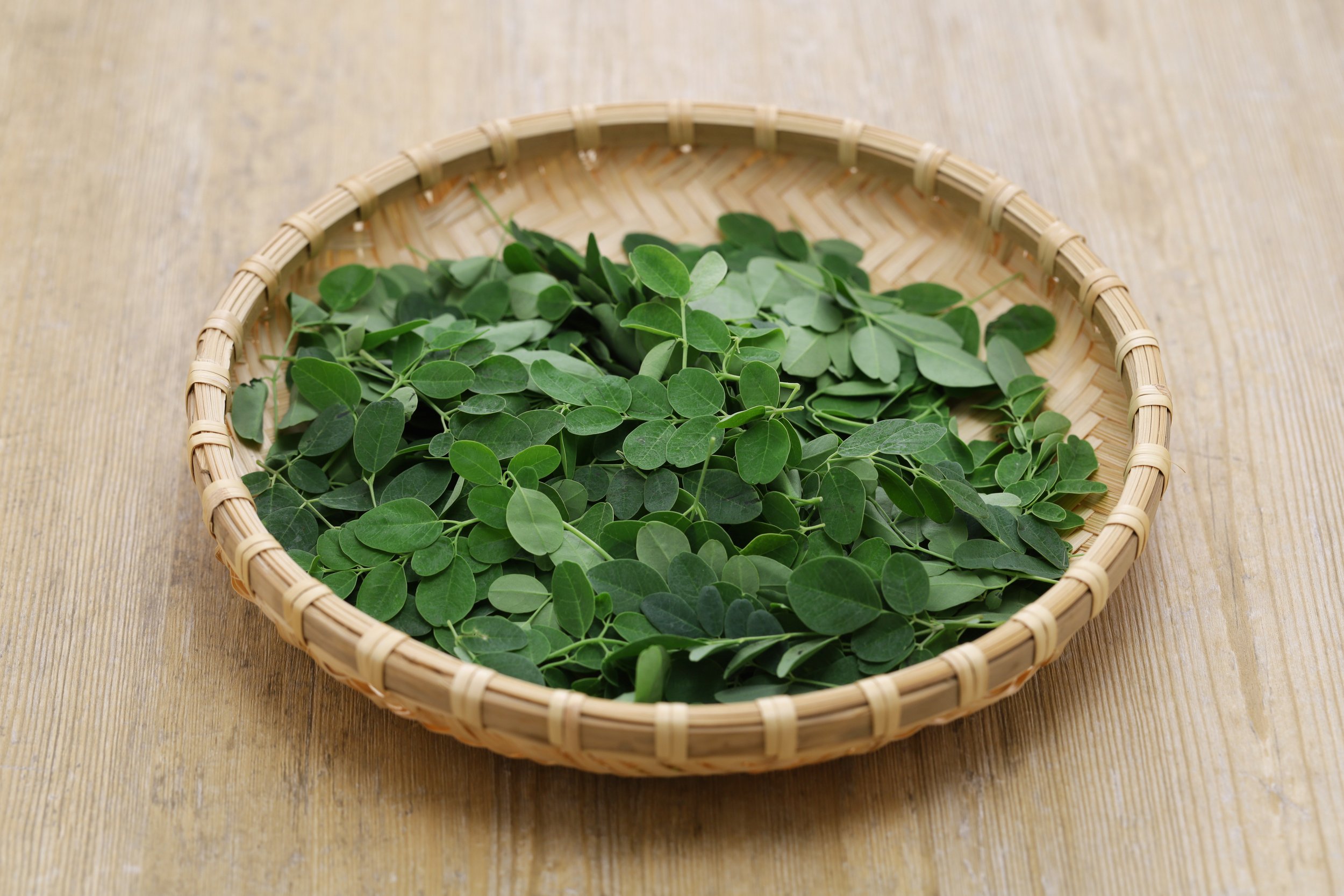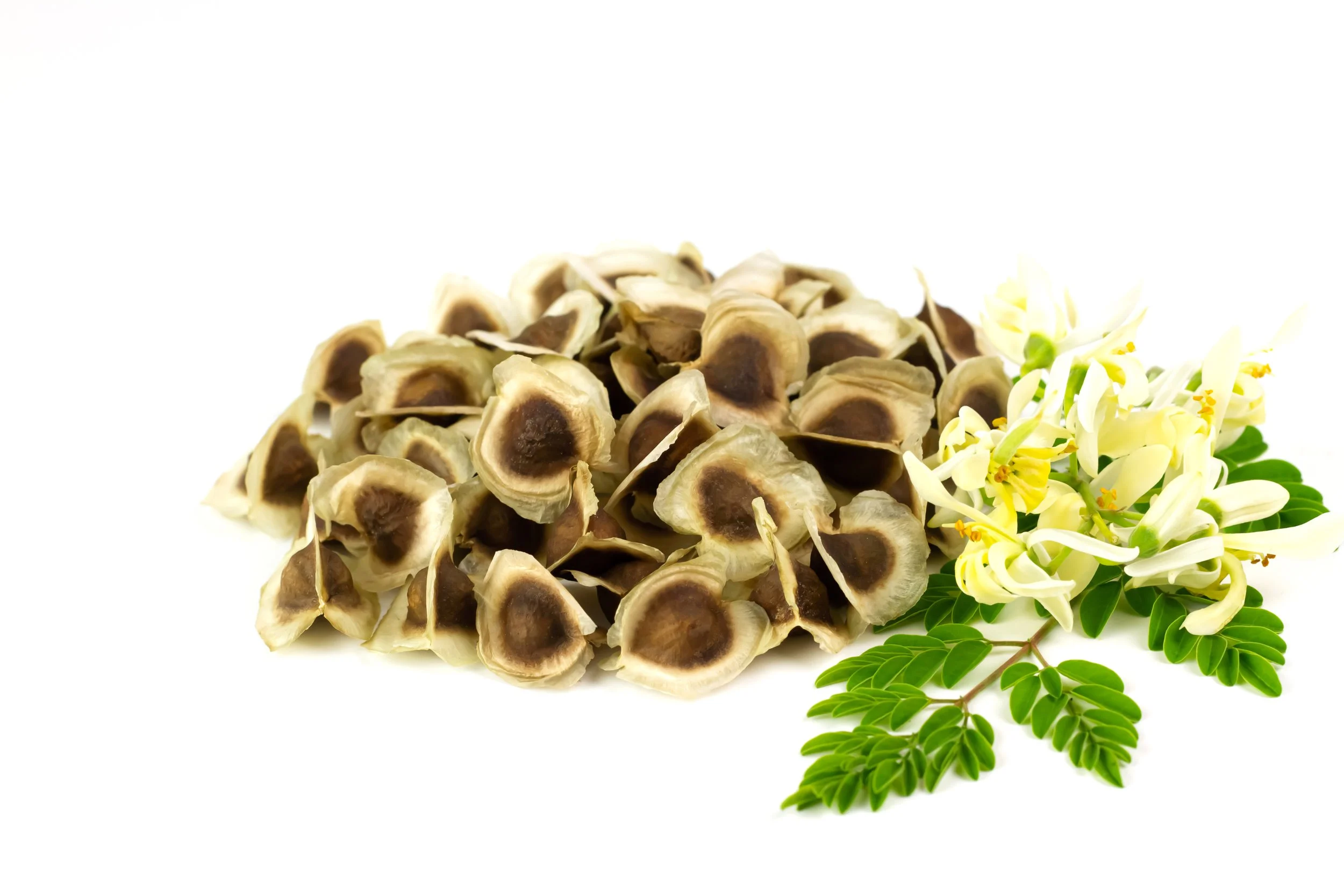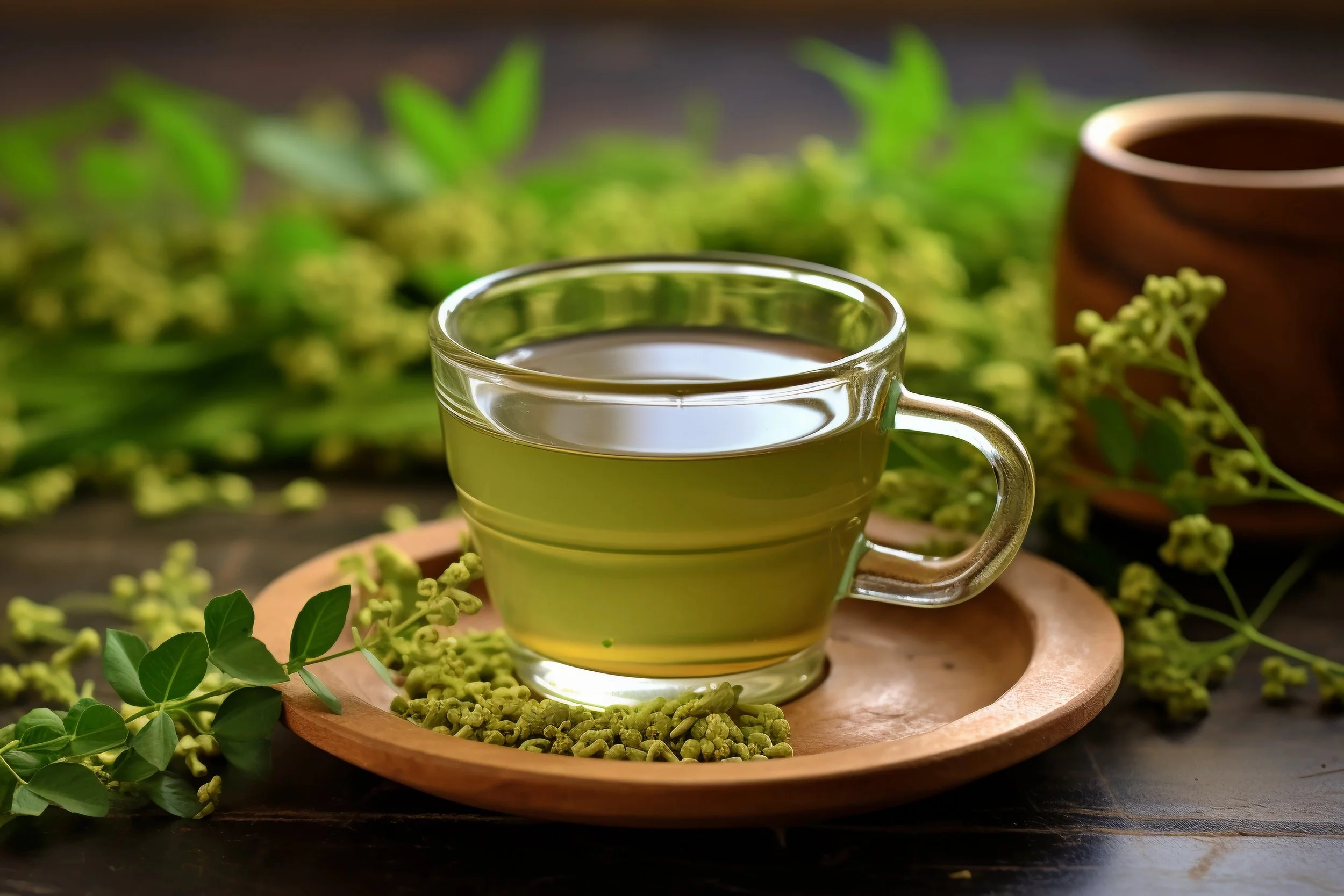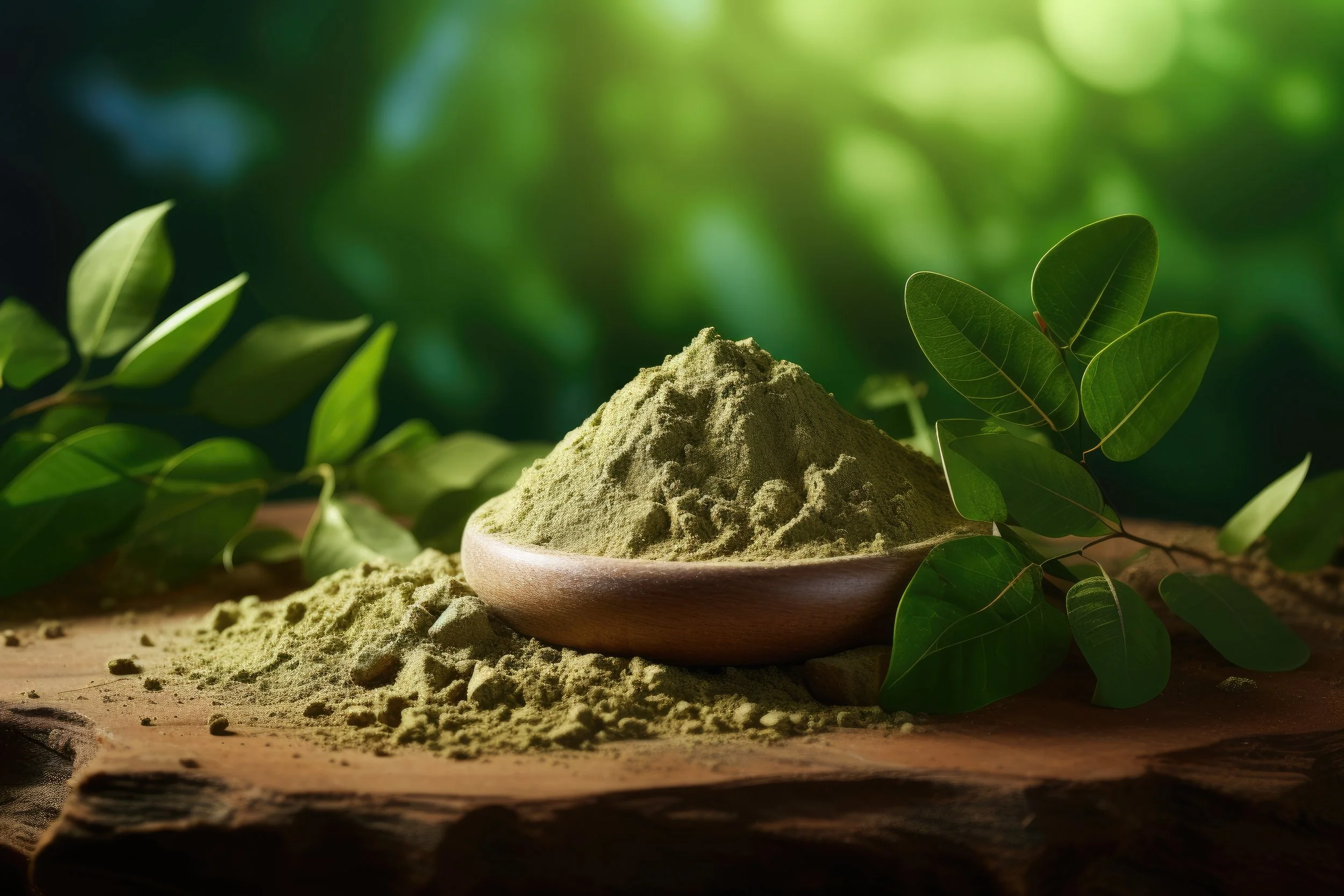
Life w/ Moringa Oleifera
A medicinal plant from India, moringa has been used for thousands of years for its health benefits. It is mainly known for its rich antioxidants and bioactive plant compounds.
Natures Reserve
The tree from which this natural compound comes is almost entirely edible or used for its ingredients in traditional herbal medicines. Mainly concentrated in its leaves and pods, this compound is a typical food in India and Africa.
It is an excellent source of Vitamin B6, Vitamin C, Vitamin A, magnesium, iron, riboflavin B2, and protein. While it’s not all rainbows and sunshine, some of the drawbacks of the moringa leaves are they can also act as an antinutrient, resulting in the loss of absorption of certain minerals and proteins. However, the small doses taken in just 21 grams of leaves are still significantly nutritious for all the elements it carries in a small amount. One of the studies by Healthline shared that thirty women taking 1.5 teaspoons (about 7 grams) of moringa leaf powder daily for three months reduced fasting blood levels by 13.5%. Another study done on six people with diabetes found that adding 50 grams to a meal reduced blood sugar rise by 21%.
Anti-inflammatory Agent
Sustained inflammation does result in chronic health conditions, and the causes of inflammation will vary from increased levels of cortisol in the blood due to stress to the body’s natural response to infection or injury. The primary compound in moringa isothiocyanate (ITC) from the hydrolysis of glucosinolates created by the enzyme myrosinase. The key behind ITC is that it can reduce cancer risk by inhibiting histone deacetylase and inducing the cell cycle arrest caused by chronic inflammation. It can also inhibit other carcinogens that enter the body from the environment.
Other benefits include lowering cholesterol and cardiovascular protection, regulating the thyroid gland function, blood sugar regulation, assisting with diabetes control, and otherwise treating neurological disorders and may protect against arsenic toxicity.
Daily recommendations
The recommended daily dosage of moringa powder is ¼–½ teaspoon twice daily. This equals 6–10 grams of moringa leaves by mouth or 70 grams of powder. However, some recommend starting with a smaller dose, such as half a teaspoon per day for three to five days, then increasing gradually. This can be added to foods or had as tea—however, be mindful that the taste is quite earthy, and it will take some getting used to, but it is worthwhile!




